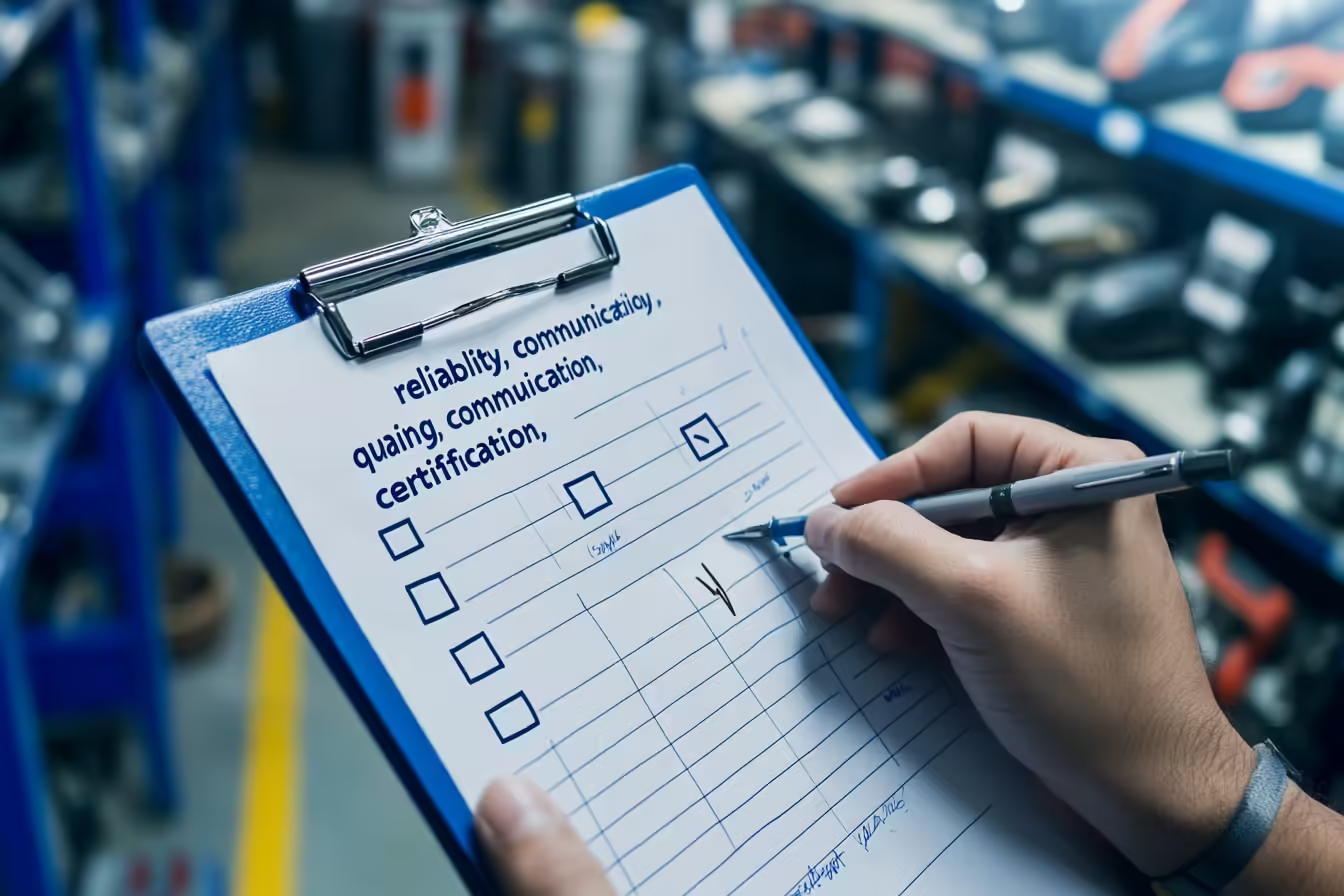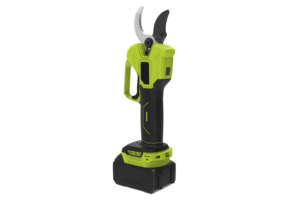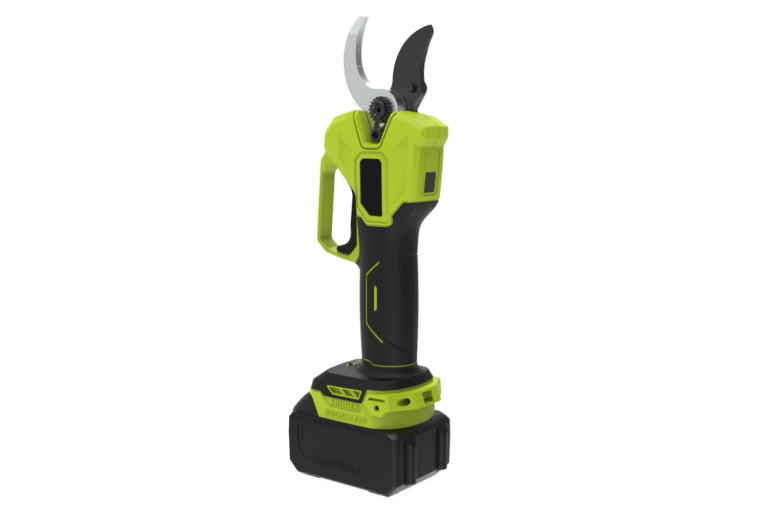
Selecting the right power tools supplier can make or break your business.
To choose the right power tools wholesale supplier, focus on five essential criteria: reliability, quality, price competitiveness, communication, and certification. These are non-negotiables that build a solid foundation for any supplier partnership, helping to ensure smooth operations, timely deliveries, and customer satisfaction.
Making this choice might seem daunting at first, but don’t worry—I’ll break it down.
What are the 5 key criteria when selecting a supplier?
Starting with reliability, each factor has a unique role in building trust and ensuring long-term success.
When choosing a supplier, consider reliability, product quality, competitive pricing, clear communication, and verified certifications. These five pillars safeguard your business against common pitfalls like inconsistent deliveries or product quality issues.

Reliability isn’t just about meeting deadlines—it's about consistency. Over the years, I’ve learned that dependable suppliers treat every shipment, large or small, with the same attention. For power tools, where quality can directly impact safety, consistency is critical. Imagine having a surge in orders, and your supplier drops the ball—that’s a nightmare I’d rather avoid.
Product quality is straightforward but crucial. Not all tools are created equal, and even minor differences in design or material can lead to issues down the line. Trustworthy suppliers provide samples, certifications, and stand by their quality. I often ask suppliers for test reports, and if they’re reluctant to share, that's a red flag.
Competitive pricing isn’t about picking the lowest bidder; it's about value. Look at the long-term costs—what are you getting for your money? A higher upfront cost might mean fewer issues down the line, especially with power tools, where quality and durability are essential.
Clear communication is another major factor. Suppliers who communicate clearly and promptly, whether through WhatsApp, email, or even a quick call, can be lifesavers. Look for those who are upfront about delays or issues instead of leaving you in the dark.
Lastly, certification is non-negotiable. Certifications show the supplier meets industry standards, from ISO to safety regulations. Without these, you could be putting your business at risk.
How to choose the right supplier?
Choosing the right supplier involves more than just ticking boxes; it’s about building a relationship you can trust.
To select the ideal supplier, prioritize those who align with your quality, price, and service expectations. It’s crucial that they have experience in the industry and a solid track record to back up their promises.
A trustworthy supplier1 can tell you everything you need to know, without any smoke and mirrors. I once had a supplier who hesitated to show their certification documents. That little hesitation? It turned into weeks of miscommunication and, ultimately, an order that fell through.
So, ask questions2 —lots of them. Suppliers who are transparent and proactive in sharing information tend to be the ones you can count on. And remember, quality over quantity. A supplier might look great on paper but if they can’t deliver consistent quality, it’s just not worth it.
What are the 5 factors you consider when deciding to partner with a supplier?
Deciding on a partnership goes beyond products—it’s about shared goals and values.
The five key factors are shared values, aligned goals, proven experience, customer feedback, and clear terms. This forms a solid foundation for a partnership that benefits both sides.
Partnering with someone who shares your business values makes all the difference. If you prioritize quality, look for suppliers who do too. Aligned goals mean you’re both moving in the same direction, which makes the process smoother.
Experience is another crucial factor. Ask your supplier how long they’ve been in the industry and what their specialties are. An experienced supplier knows how to handle unexpected hurdles.
Customer feedback is also invaluable. I often look at reviews and testimonials to get an honest picture of how a supplier treats their clients. If other buyers are satisfied, it’s usually a good sign.
Finally, clear terms prevent misunderstandings. From payment schedules to shipping details, every term should be spelled out.
What are the 7 steps of the supplier selection process?
Selecting a supplier follows a structured approach to minimize risks and ensure compatibility.
The seven steps include identifying needs, researching options, evaluating suppliers, requesting quotes, assessing capabilities, testing samples, and finalizing contracts. Following these steps helps you make an informed decision.
- Identify Needs: Define what’s essential for your business.
- Research Options: Look for potential suppliers.
- Evaluate Suppliers: Shortlist suppliers based on key criteria.
- Request Quotes: Compare prices and offerings.
- Assess Capabilities: Review their production capacity.
- Test Samples: Always ask for samples before bulk orders.
- Finalize Contract: Outline the terms clearly in writing.
These steps are practical and keep the selection process organized. When I first started, I rushed this process and paid the price with delays and poor quality. Taking each step seriously saves time, money, and headaches in the long run.
What is supplier selection strategy?
Supplier selection is strategic—it’s about planning for today and tomorrow.
A good supplier selection strategy includes thorough research, clear criteria, and future-oriented decisions. This approach ensures the supplier can grow with your business.

Planning your supplier relationship isn’t just about meeting current demand; it’s about choosing partners who will support your business growth. Think of them as an extension of your team.
For example, I always ask suppliers about their capacity to handle increased orders. A few years ago, my business took off unexpectedly. My suppliers who could scale up with me became invaluable partners. So, ask about their long-term capacity and flexibility.
A great supplier strategy also includes exit plans. No one wants a partnership to end poorly, but it’s best to prepare for the possibility. Clear terms for ending the relationship protect both parties and set a professional tone from day one.
Conclusion
Choosing wisely builds the foundation for lasting success in your supply chain.
-
This link would guide readers on the qualities that signify a reliable supplier, which is essential in building strong, dependable business partnerships. ↩
-
Directing readers to example questions will help them vet suppliers effectively, emphasizing the importance of transparency and avoiding potential issues. ↩







